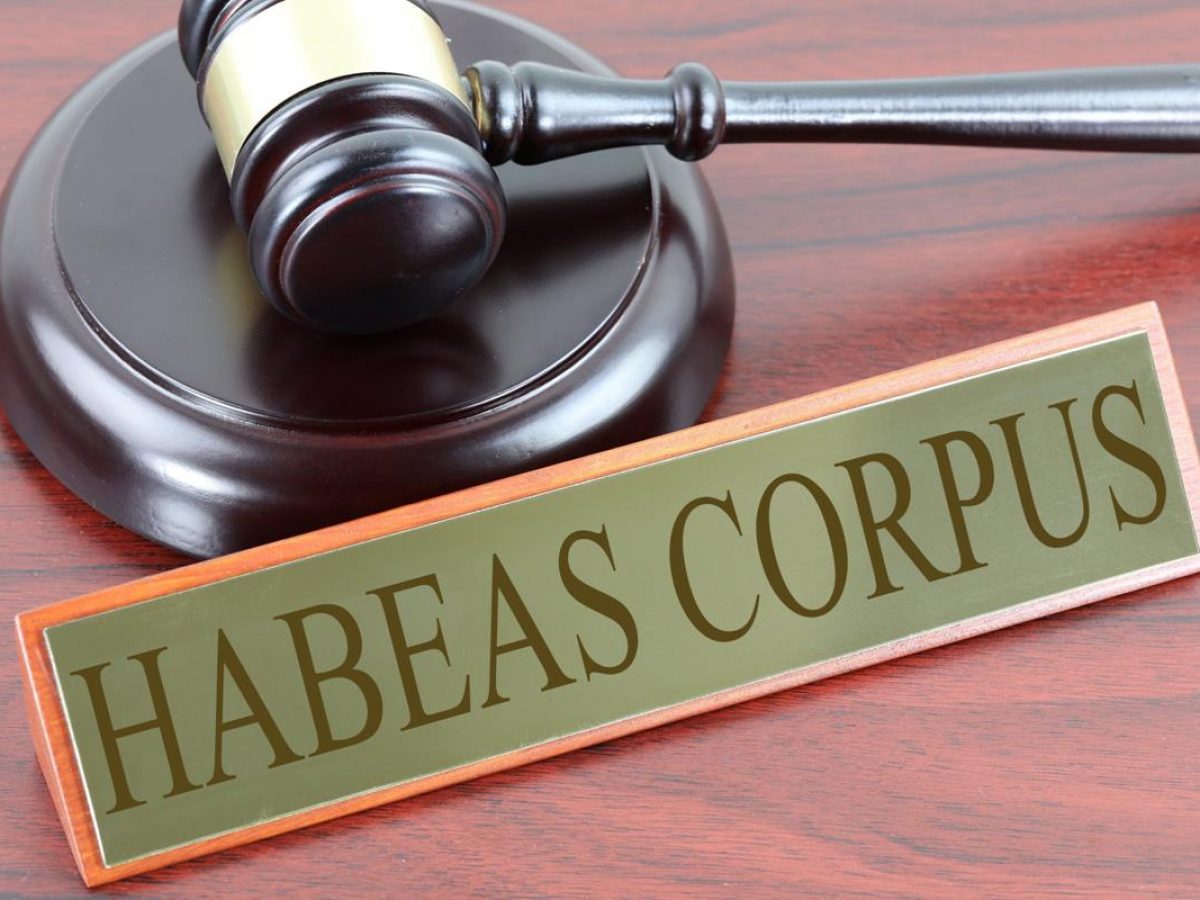Habeas corpus is a recourse in law through which a person can report an unlawful detention or imprisonment to a court and request that the court order the custodian of the person, usually a prison official, to bring the prisoner to court, to determine whether the detention is lawful.
The decision of legality of the custody of corpus by his mother is questioned by the father of the minor through the petition of Habeas Corpus in Sushil Kumar Tiwari and 4 Others vs State of U.P. And 5 Others (HABEAS CORPUS WRIT PETITION No.- 632) by the High Court of Allahabad through learned bench led by HOUNARABLE DR. YOGENDRA KUMAR SRIVASTAVA.
The petitioner no.1 asserts himself to be the father of the petitioner no. 2-corpus has filed the present habeas corpus petition alleging that the corpus is under illegal custody of his mother.
FACTS OF THE CASE- The marriage of petitioner no.1 was solemnized with respondent no. 4 and petitioner no. 2 was born. Also, that petitioner no.1 and respondent no. 4 are living separately for the past several years. It is stated that the petitioner no.1 had filed a divorce petition and respondent no. 4 had also instituted certain legal proceedings against him. An application stated to have been filed before the local police authorities in the year 2020, has been appended along with the petition wherein it is stated that the petitioner-corpus (stated to be of age about five years at that point of time) was been taken away by his mother, about three years earlier.
Hence, based on the aforestated facts, the present petition has been filed seeking a writ of habeas corpus.
COURT’S OBSERVATION- Honorable court opined that, in a child custody matter, a writ of habeas corpus would be entertainable where it is established that the detention of the minor child by the parent or others is illegal and without the authority of law.
In a writ court, where rights are determined on the basis of affidavits, where the court is of a view that a detailed inquiry would be required, it may decline to exercise the extraordinary jurisdiction and direct the parties to approach the appropriate forum.
The remedy ordinarily in such matters would lie under the Hindu Minority and Guardianship Act, 1956, or the Guardians and Wards Act, 1890.
JUDGEMENT- The petition stands dismissed. The court stated that this Court is not inclined to exercise its extraordinary jurisdiction to entertain the present petition seeking a writ of habeas corpus.
JUDGEMENT REVIEWED BY RIYA DWIVEDI


